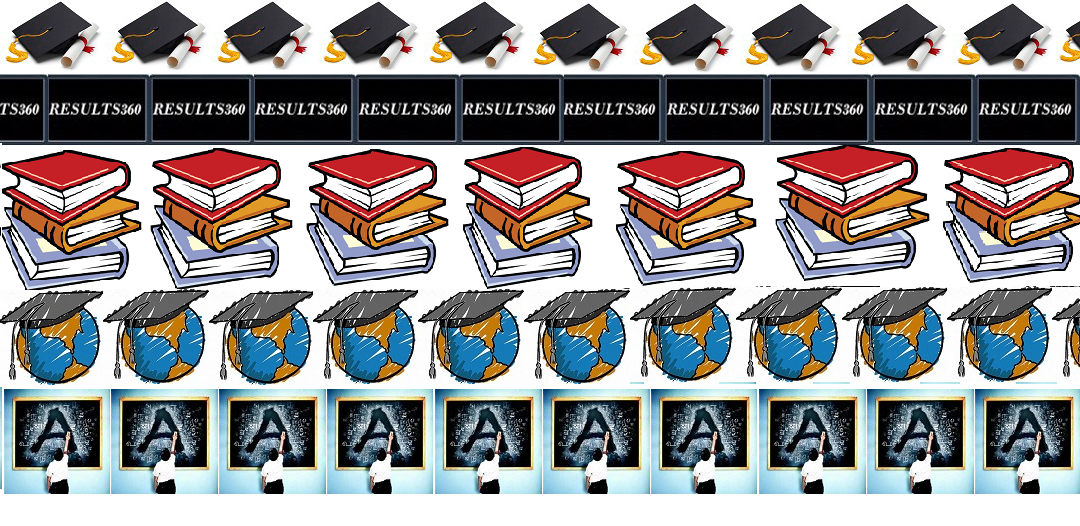BRICS Nations Adopts “New Delhi Declaration on Education” for Inclusive and Equitable Quality Education
The 4th Meeting of BRICS Ministers of Education held in New Delhi on 30th September 2016. The BRICS countries adopted the New Delhi Declaration of Education. BRICS nations have adopted the ‘New Delhi Declaration on Education’ resolving to ensure inclusive and equitable quality education and promote life-long learning opportunities for all.
The nations pledged to develop an enabling framework to promote research cooperation and knowledge transfer among these countries in collaboration with other BRICS initiatives. Education is the answer to all the major problems in the world and Realising the need to educate more and more people.
About BRICS:- BRICS is a organisation of 5 countries- Brazil, Russia, China, INDIA and South Africa.
These leading or newly industrialized countries form one group to discuss trade, education, security norms and many other global issues for future.
An official statement said, “The declaration was adopted at a conference of Education Ministers of the BRICS nations held to discuss and coordinate areas of mutual interest and develop framework for the future cooperation in the field of education”
Highlights of the Declaration in BRICS meeting:
• All five countries also decided to organised an annual conference of the BRICS Network University in the country of the current BRICS Chair.
• The countries will also identify a nodal institution within each country and create an institutional network to share ICT policies, Open Educational Resources and other e-resources.
• BRICS will also encourage more universities to participate in the BRICS University League to facilitate student mobility and collaborative research.
• The nations also agreed to facilitate mobility of students and scholars, and encourage exchange of teaching faculty.
• The other areas of cooperation include using information and communication technologies (ICTs) for improving access to education, teacher development, and strengthening educational planning.
It also nvolves initiating actions to formulate country-specific targets within the broader scope of the Sustainable Development Goal four (SDG4). Reaffirming the need for universal equal access to quality education, including secondary and higher education, technical and vocational education and training, and lifelong learning opportunities for all.
You can like our Results360.in page on Facebook ➡ CLICK HERE
Subscribe with us via mobile or Facebook and get latest Education News:
[subscribe2]
- MJPRU UG Result 2024-25 Part 1, 2, 3- MJP Rohilkhand University UG main Result 2024 Declared - January 9, 2025
- Madras University Result 2025 name wise- Unom UG Results 2025 & Unom PG results 2025 College wise - December 12, 2024
- Aps University Result 2024- APSU B.Sc. III Sem (New) Exam Result Dec 2024 (New) & APS University Ba, Bsc Result 2024 - September 5, 2024

